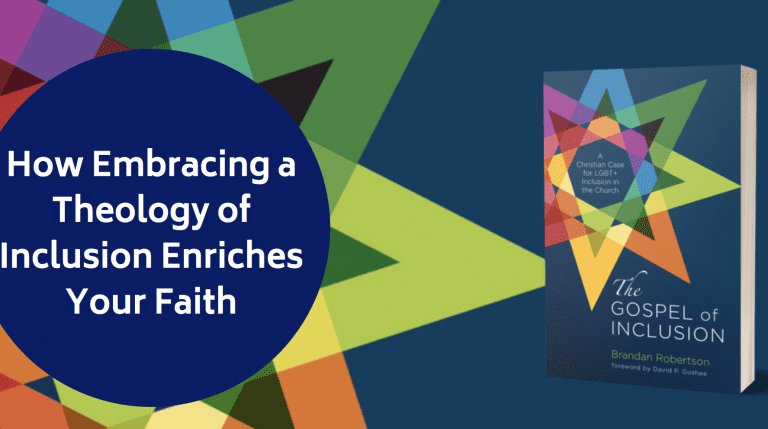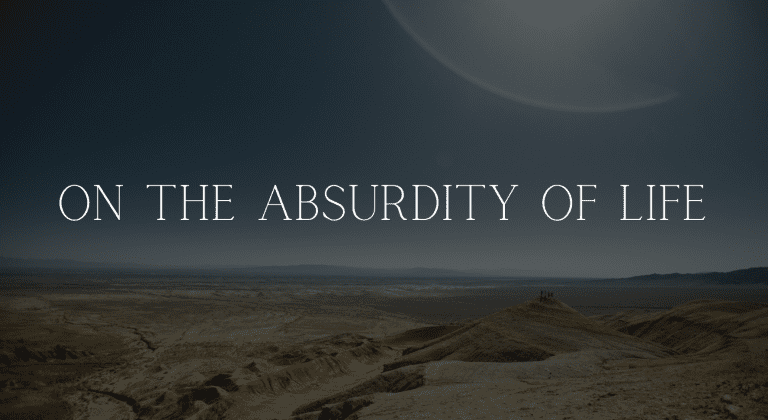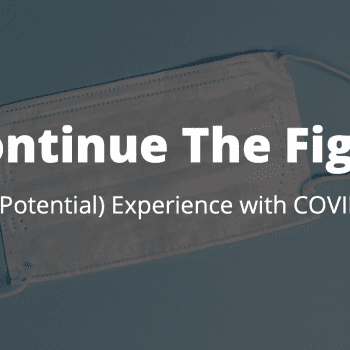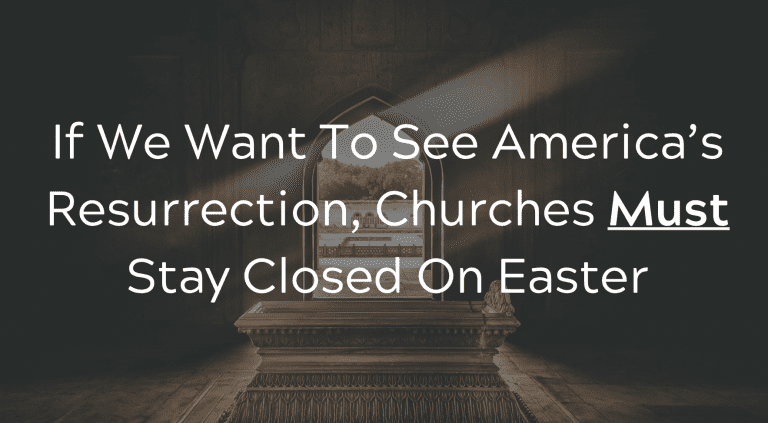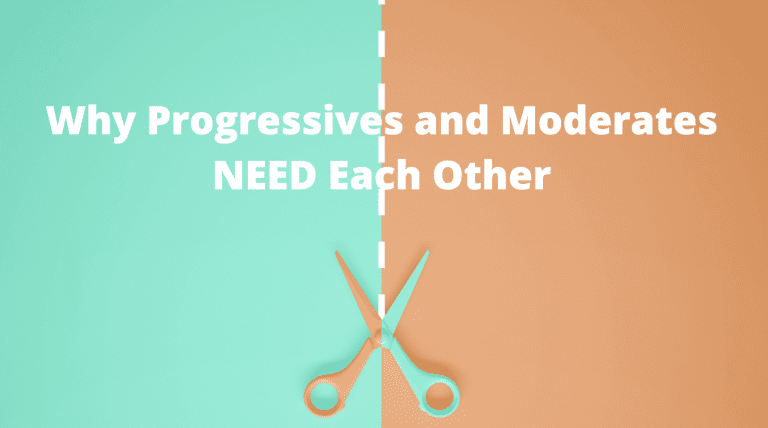The following is an excerpt from my new book The Gospel of Inclusion, released today. Get your copy here.
When we begin to understand that the entire trajectory of scripture points to God’s radically inclusive love for all of Creation, we will be compelled to rethink our entire theological framework. Since patriarchy and exclusion are embedded in the worldview of the writers of Scripture, we will be brought into conflict with various exclusive texts and the doctrines that have formed around them.
But this is perhaps the most faithful posture to engage scripture with- it is the posture of Jesus as he seeks to amend and raise the ethical standards of the Hebrew Bible time and time again in the Gospel accounts, it’s the way that the ancient Jewish rabbis engaged scripture as they wrote out the Talmud, and it’s the way that Peter and the early Apostles engaged their long-held beliefs- asking hard questions, observing the work of the Spirit around them in their contemporary context, and shifting their beliefs and perspectives to align with reality and the direction that the Spirit seemed to be nudging them. The call away from an exclusive understanding of the Bible invites us to rethink how we view God, how we understand salvation, and how we interact in the world as disciples of Christ.
One of the primary ways that leaning into an inclusive understanding of Christianity leads to spiritual reformation in an individual’s life is by calling us out of a dualistic way of interacting in the world, towards what my mentor and renowned philosopher Ken Wilber calls an “integral” approach to the world.
In Acts 10, when God speaks to Peter, telling him to stop thinking through the lens of “clean” and “unclean”, he’s actually being called out of a dualistic binary towards an integral way of viewing the world. Instead of seeing one group, kind, or class of people as the “in” group and another as the out, the Voice in Peter’s vision reveals God’s true heart: All things can and will be declared “clean”. There is no longer a separation between the Jewish people and the Gentiles, but in Christ, all are integrated into one new humanity. God’s plan of redemption is deeply and radically inclusive: God seeks to bring everyone into redemption and reconciliation, leaving no one out.
If this is how we begin to understand God- the inclusive Creator of all who seeks to redeem all- then every aspect of our faith is transformed. We no longer cling to theological purity or doctrinal certainty as a means of knowing that we’re truly “saved”- instead, we see that God’s plan has always been to “save” everyone, in the midst of all of our diversity. We no longer view the world as those who are children of God and those who are not- for we know that God’s heart is for all to be reconciled to their Father. We no longer look at the world as black and white, but as a beautiful rainbow of color, where absolutely everyone has a place. When our faith moves outside of a dualistic system and into the contours, textures, and tensions that exist in reality, it becomes a more versatile, credible, and sustainable faith to build our lives around.
Another way that embracing the Gospel of radical inclusion fundamentally transforms us is in our own life and relationships. In my book True Inclusion, I spend 100 pages exploring the implications of the Gospel of Inclusion on our faith, so I won’t reiterate all of those ways here, however, when we understand that the plan that the Spirit of God has been unravelling throughout the ages is to include and redeem absolutely everyone, then we are forced to confront and challenge our own prejudice and bias. It is a sad reality that perhaps the most exclusive and damaging body of people in human history has been the Church of Jesus Christ. Our failure to see what God has been up to throughout Scripture has led us to reinforce binary way of engaging the world, creating communities that exclude and marginalize the very people who God delights in.
The Church, at various times and places, has discriminated en masse against people of certain races, genders, cultures, theologies, political positions, disabilities, sexualities, and just about every other aspect of identity, and done so in the name and under the authority of Jesus Christ. In our individual lives, many of us have digested this exclusive faith and incarnated it into our existence- distancing ourselves from people who are different than we are. But if we are to learn anything from the example of the life of Jesus, we should take away the fact that true growth and transformation comes from being in proximity with our “others”. It is easy to demonize and exclude from a distance, but it’s incredibly difficult to continue to marginalize people that we enter into relationship with.
It’s easy to fail to see how God may be working through those who look and live differently than us when we only know them by their social media profile or caricature, but when you’re walking through life in close proximity to those who are different, we will often see God moving and speaking in the most unexpected places. If we take the imperative of the Gospel seriously- to “go into the world proclaiming the good news”- then we must be willing to move out of our comfort zones in our own lives and purposely seek out relationships with those who are fundamentally different than we are.
We must confront the dualism and prejudices in our own hearts that we have justified with our exclusionary theology, and seek to follow in the example of Jesus who, as Eugene Peterson wrote, “…became flesh and blood and moved into the neighborhood.”[1]Fr. Richard Rohr expands upon the inclusive incarnationality of Jesus, saying:
“The point of the Christian life is not to distinguish oneself from the ungodly, but to stand in radical solidarity with everyone and everything else. This is the full, final, and intended effect of the Incarnation.”[2]
Are you willing to move into the neighborhood with those who may even perceive you as an enemy? Are you up to the challenge of overcoming your misconceptions and biases against others? Are you willing to do the hard work to see the light of Christ in “everyone and everything”? The process isn’t easy, and if Jesus life teaches us anything it’s that such a posture may even come with great pain and our own exclusion, but if we’re going to claim to follow Jesus, it seems to me that we have no other choice but to be such radical ambassadors of reconciliation in our world.
Embracing the Gospel of Inclusion is what it means to follow Jesus Christ. In my understanding, there is simply no other way to be faithful to the life and teachings of Jesus if we aren’t willing to cross all of the culturally defined boundaries and borders that separate us and seek to see that the same Spirit that is within us is actually in and through everybody else. In this sense, we’re not special. God does not play favorites, and therefore, neither should we.
Each of us, in all of our diversity and disagreement, is invited to step into our identity as children of God and work to heal the world through the good news of reconciliation and redemption in Christ. This is and has always been the heart of the Christian faith, though it has often been buried underneath the false gospel of exclusivity, and until we’re ready and willing to deconstruct our own faith and indeed, our own lives and rebuild our lives around Spirit-driven faith of Christ, we will remain preaching and believing a gospel that is deficient to save our own souls, let alone the entire world.
The good news is great joy for all people, without exception, inviting us to recreate the world as God has always intended it to be, where all people, in all of our difference, stand united as a multicolored glass mosaic through which the Light of God shines through bringing beauty and hope to our lives and to our world. I don’t know about you, but for me, that sounds like a faith worth believing.
[1]John 1:14 The Message
[2]Rohr, The Universal Christ, Covergence Books 2019, p. 33

